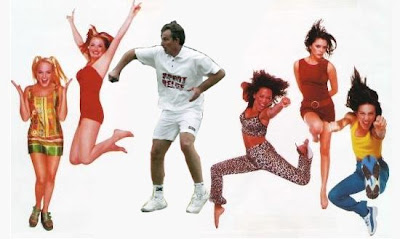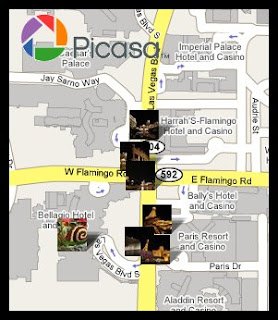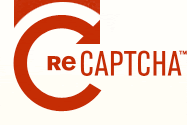Blair Spice?
 Am I the only one not in the least bit surprised that the day after Tony Blair steps down there is an rumours of an announcement that the Spice Girls are getting back together. There has been a lot of talk about the uneasy relationship that Gordon Brown and Blair had in recent time, but there was also supposed to be a deal between the two men that once Blair stepped down Brown would get his shot. However that back room deal is nothing in comparison to the one done between the Spice Girls and Tony Blair.
Am I the only one not in the least bit surprised that the day after Tony Blair steps down there is an rumours of an announcement that the Spice Girls are getting back together. There has been a lot of talk about the uneasy relationship that Gordon Brown and Blair had in recent time, but there was also supposed to be a deal between the two men that once Blair stepped down Brown would get his shot. However that back room deal is nothing in comparison to the one done between the Spice Girls and Tony Blair.
Now the truth can be known, back in 1997 when the twin behemoths of the Spice Girls and Tony Blair were both introduced to the masses the entire world was within their grasp. Alas this massive force was too much for a planet as small as what we call the planet earth, so a deal was entered only one would be allowed to exist at any one point at time, and the Spice Girls like true patriots handed in there platform shoes so that Blair could do his good work. Now his time has come to an end, but do not despair this was merely the catalyst that will lead to the new power. Now that Blair has stepped down the Spice Girls are again able to reform but this time with an extra special ingredient, Tony Blair!
Don’t believe all the talk about his new post as middle east envoy it is a ruse. The first thing Blair is doing after he gets his brand new iPhone is straight into the studio with the Spice Girls to record the greatest album recorded since Sgt. Peppers.









